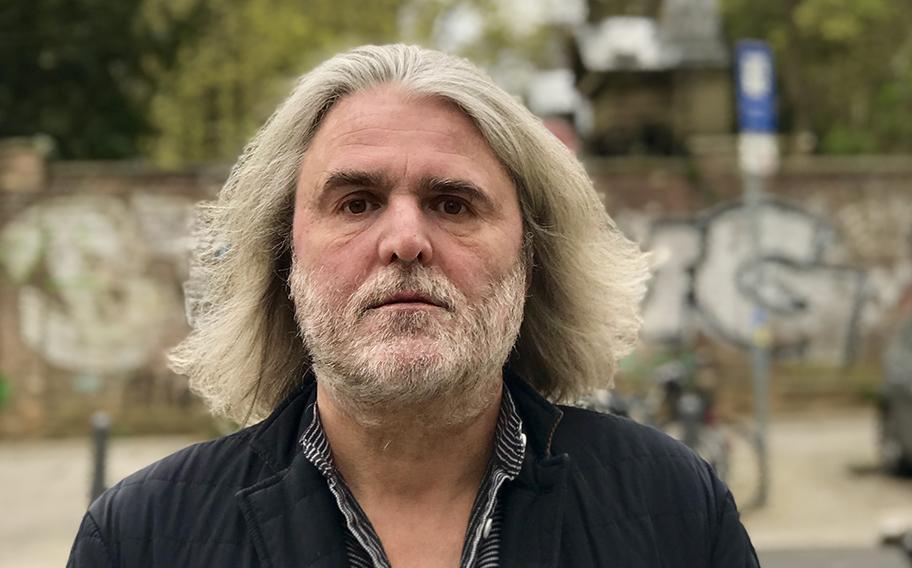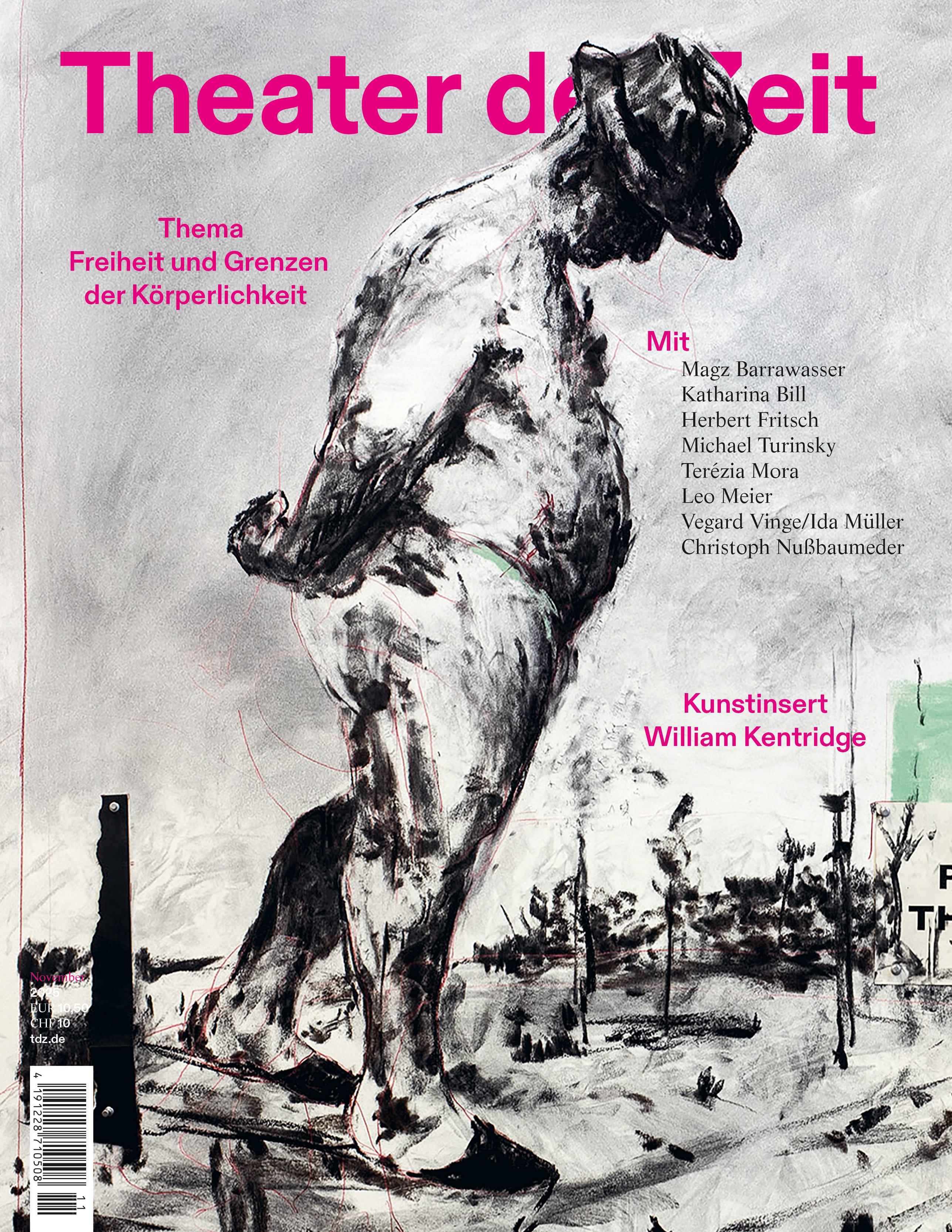The charming swindler
Luk Perceval talks to Thomas Irmer about his conception of an artists‘ theatre
von Luk Perceval und Thomas Irmer
Erschienen in: Arbeitsbuch 2019: Luk Perceval (07/2019)
Luk Perceval, with your latest production “Black/ The Sorrows of Belgium I: Congo”, which was staged at NTGent in March 2019, you have returned to an old theme: Belgium’s colonial history, which it still hasn’t processed. The cast of eight actresses and actors is highly multicultural. Does this correspond to a model of theatre that you, as artist-in-residence at NTGent, want to promote together with Milo Rau, the Artistic Director?
On top of that there is a black actress, Andie Dushime, playing the lead male role. Yes, that is actually something we want to promote here. We want to move away from typecasting. It should be much more about the personalities on stage, so that the presence of these actors also calls forth a different consciousness among the audience. The actors sometimes have lines that prove highly provocative when they are said by someone with Congolese roots, because it really lays bare the racism within society. That is in fact the idea for this theatre, and one of the reasons why I’m here. These opportunities are something I really missed in German city theatres. The model of the fixed ensemble in Germany is great on the one hand because it...



.jpeg&w=3840&q=75)















